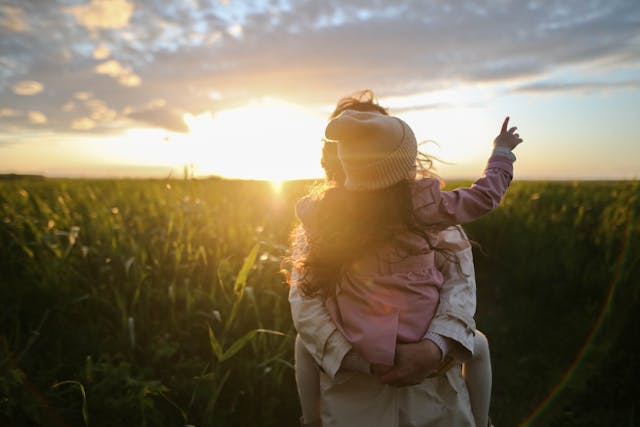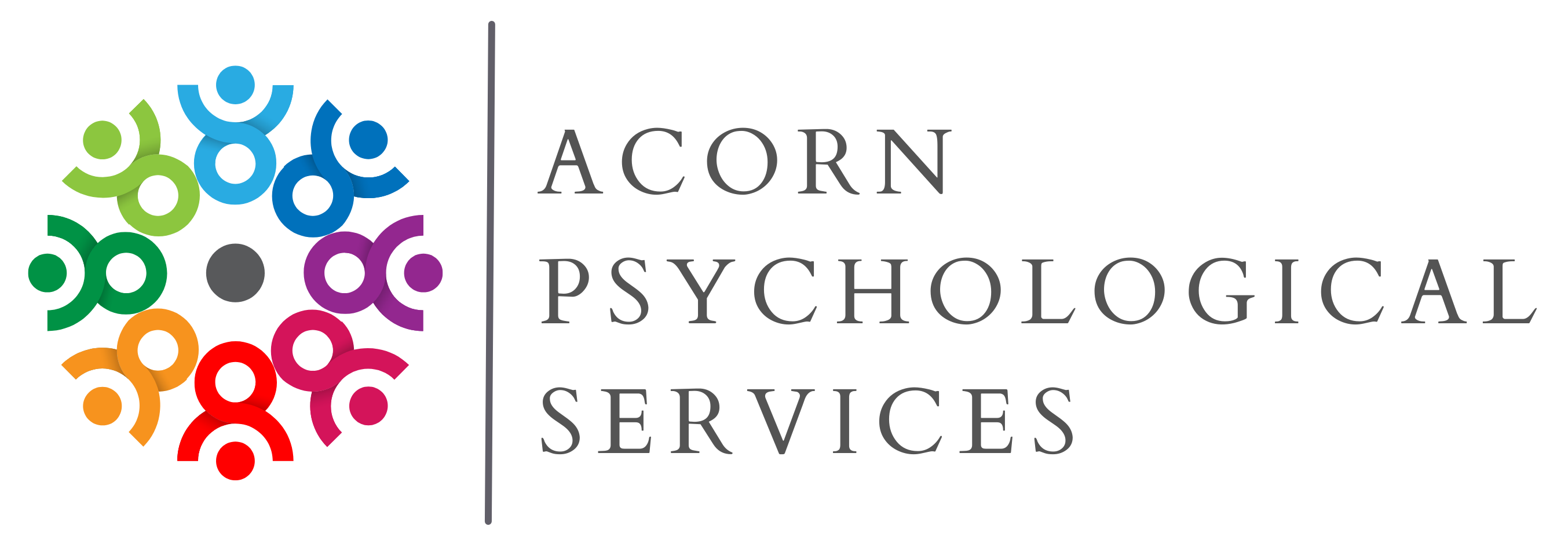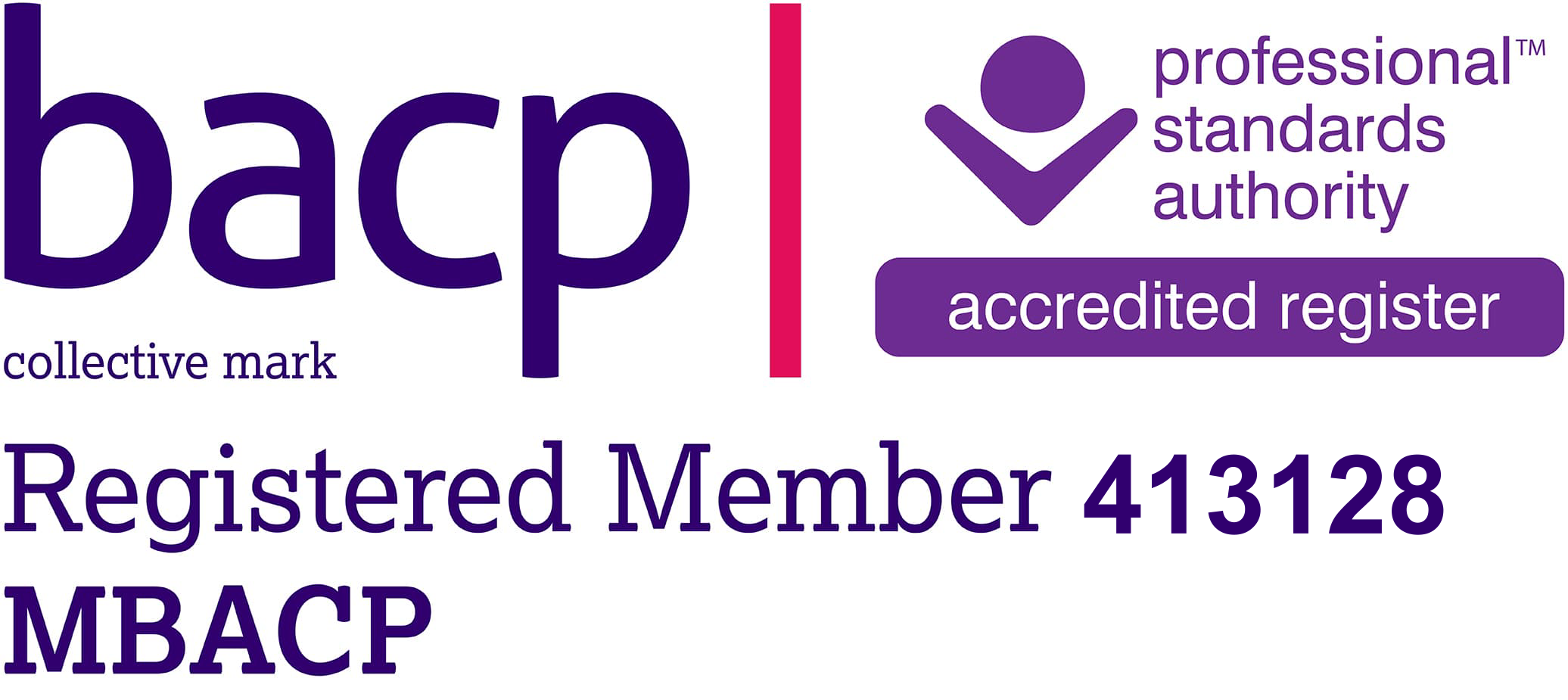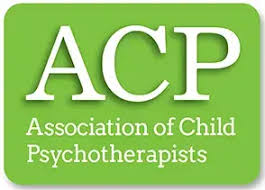What is Child and Adolescent Psychotherapy?
When Children and Young People have powerful emotions that they don't understand, they often express these feelings through their behaviour.
This can be very distressing to them and the people around them.
Child and Adolescent Psychotherapists are trained to observe and understand what the children are communicating through their behaviour and play.
They have particular skills to help Children and Young People make sense of their feelings and experience.
Through this process, the Psychotherapist helps the child put their feelings into words, and hence aim to lessen the need to act out feelings.
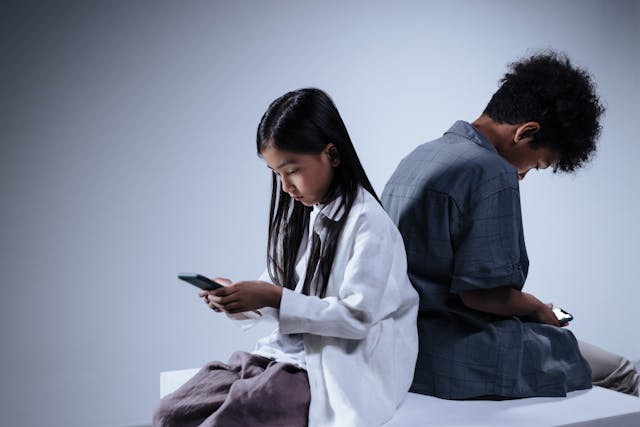
What Happens in a Typical Session?
The approach is tailored according to the Child/Young Person's age and developmental stage. Young Children do not tend to talk about their difficulties, instead, they communicate through play. Older children may talk more, or use drawing materials to express their feelings. Adolescents may be able to talk directly about what is troubling them.
Parents and Infants are often seen together, to think about their patterns of interaction. Child Psychotherapists are trained to understand and respond to children's communication at all levels.
What are the Benefits of Child and Adolescent Psychotherapy?
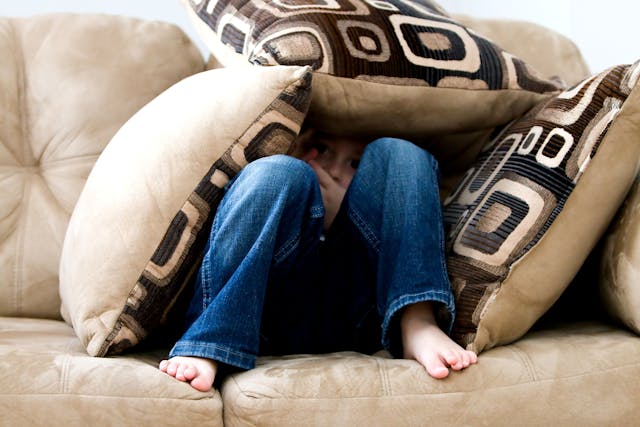
For Children and Young People
Through building up a relationship with the therapist, the Child or Young Person may begin to express what is troubling them through play and words.
The therapist helps by understanding and digesting some of their overwhelming feelings. Gradually, powerful feelings can be put into words other than actions.
This leads to the Child/Young Person feeling less pre-occupied, and more freed up to join in with school, peers and family life.
For Parents, Carers and Families
Psychotherapists support parents and carers by helping them understand their child's behaviour.
Sometimes parents' own issues might interfere with their ability to parent well.
Therapeutic support can help to explore different ways of parenting and improve family relationships.
